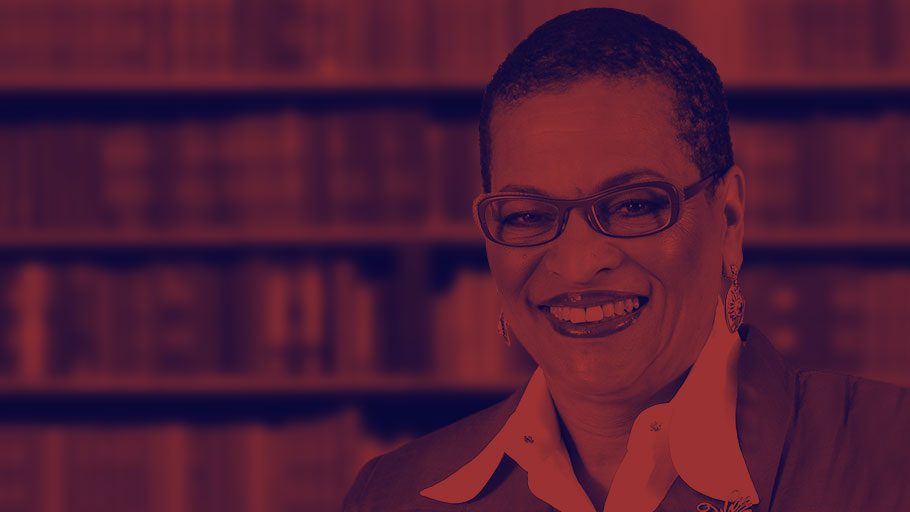Ai-Jen Poo leads the National Domestic Workers Alliance, and she is a powerful and passionate advocate for the rights of domestic workers. Who are these folks? They are the private household workers (maids) who propped up inept women in the movie The Help. They are the home health aides who take care of our elders when they are ill or disabled, bringing meals, bathing them, and accompanying them to medical appointments. They are the nannies that care for children when parents are working. In some ways, they are a backbone of our economy, and yet they often have neither voice nor money.
I am struck by the situation of domestic workers when I listen to Ai-Jen present at the National Council for Research on Women’s annual conference. While some of us focus mostly on race, she is more likely to focus on class and the many ways that public policy is made from an extremely privileged perspective. The women who stitch together a living by working two and three domestic jobs certainly don’t have the time to put their situation in context with public policy. And those who make public policy have only limited exposure to those who have to live it. Ai-Jen and the National Domestic Workers Alliance bridge that gap.
The organization started in 2007, and now has representation in more than twenty states. In New York, NDWA was instrumental in the passage of the Domestic Workers Bill of Rights that went into effect in November 2010. It requires that people who work in other people’s homes for forty hours a week or more (except for relatives and casual employees like babysitters) must be paid the minimum wage, must receive overtime pay, vacation time, worker’s compensation and disability benefits. One might assume that some of these benefits are already written into law, and in some ways they are. But domestic workers are more likely to be treated as casual workers than as professionals, and if they are working full time, they must be treated as professionals.
Listening to Ai-Jen Poo was like a blast from the past for me. My early academic work focused on private household workers. Although the minim wage act was passed during the Depression, private household workers and farm workers were excluded form the legislation until 1974. Even then, the law had so many loopholes that few adhered to it. At the same time, failure to abide by the law has tanked many a nominee for a federal appointment. Judge Kimball Wood comes to mind as a capable jurist who was snagged by her failure to take Social Security taxes out of the wages of her full-time housekeeper.
Ai-Jen’s presentation reminded me how little has changed for private household workers. There are employers who deduct from low wages if there is breakage in their homes. There are others that may deduct for meals. Without intervention, the majority of 2.5 million workers take care of our most precious assets, our children and our parents, without being paid fairly. They cook our food, and who wants someone who feels that they are being paid unfairly to cook their food? After all, even the private household workers in the pre-civil rights South weren’t always benign.
In California, a piece of legislation that is similar to the New York bill is being considered. Indeed, Assembly Bill 889 passed the lower house of the California State legislature, but the California State Senate is dragging its heels. Indeed, some have so distorted the bill that they describe it as “the babysitter law”, even though those who do not work full time are specifically excluded from the legislation. Those who oppose the bill talk about their free market rights, but have blinders on when it comes to the rights of others. Unfortunately, while women are the majority of private household workers, it is also women who are the majority of those who hire, and often exploit, them.
It is amazing how stuck the feminist movement has become around issues of women on the bottom. Twenty years ago there were passionate debates about housework pass along and the many ways that the women’s movement could be mutually supportive along class lines. Now, though a passionate woman is fighting for domestic workers, she is not often joined by those who have greater voice, more power, and the ability to make a difference.
While domestic workers today are less likely to be African American than Latino, we in the African American community need to remember that the workplace has long been oppressive to those at the bottom. In speaking up for domestic workers, we speak up for our mothers and grandmothers, but also for ourselves, no matter what our economic status.















